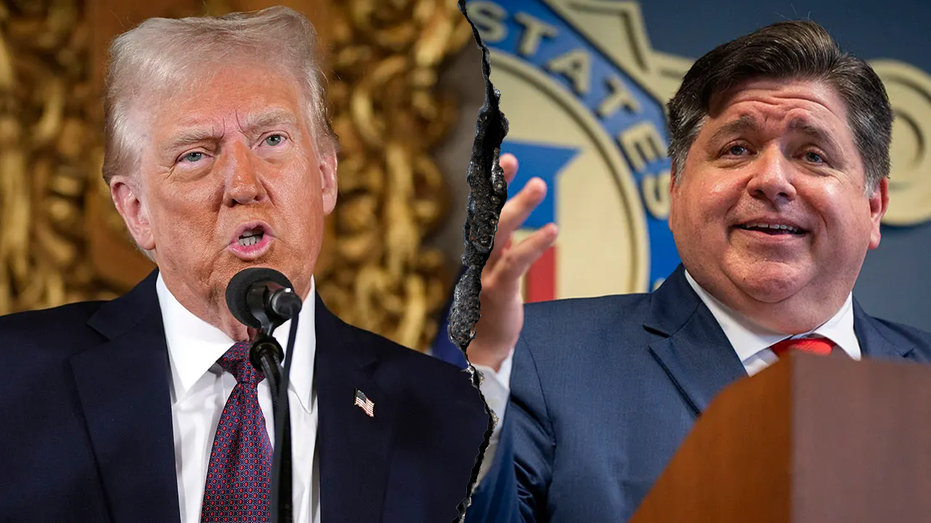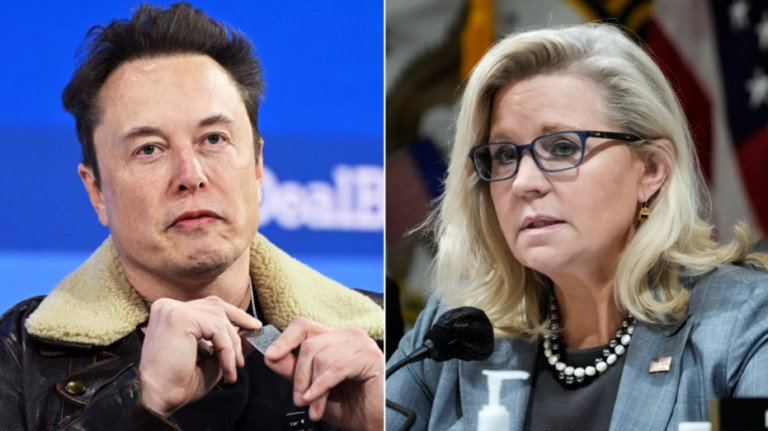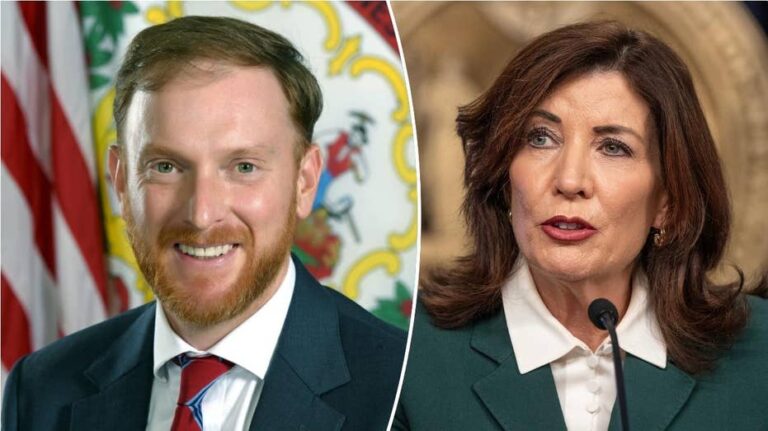
The Trump administration on Thursday sued the city of Chicago and state of Illinois for allegedly interfering with immigration enforcement.
The Department of Justice on Thursday filed a lawsuit against the state of Illinois and the city of Chicago for allegedly interfering with federal immigration enforcement – the latest escalation in the battle between the Trump administration and Democrat-led cities and states over the administration’s mass deportation operation.
The lawsuit filed in Illinois, against Gov. J.B. Pritzker and Chicago Mayor Brandon Johnson and others, claimed that several state and local laws are “designed to and in fact interfere with and discriminate against the Federal Government’s enforcement of federal immigration law in violation of the Supremacy Clause of the United States Constitution.”
President Donald Trump declared a national emergency at the southern border on day one of his administration as part of a slew of moves to crack down on illegal immigration and increase border security. The lawsuit claims there is a national crisis of illegal immigrants entering the U.S. and presenting “significant threats to national security and public safety.”
TRUMP-ERA SOUTHERN BORDER SEES MIGRANT ENCOUNTERS PLUMMET BY OVER 60% AS NEW POLICIES KICK IN
“Further exacerbating this national crisis, some of these aliens find safe havens from federal law enforcement detection in so-called Sanctuary Cities where they live and work among innocent Americans, who may later become their crime victims,” it says.
The lawsuit went on to note that Prizker and Johnson have both expressed an interest in removing violent illegal immigrants from the U.S.
“Well, let me start by being clear that when we’re talking about violent criminals who’ve been convicted and who are undocumented, we don’t want them in our state. We want them out of the country. We hope they do get deported. And if that’s who they’re picking up, we’re all for it,” Pritzker said last month.
“There’s a federal law that clearly states if you are undocumented and you are convicted of a crime, you are subject to deportation. That’s the law. I fully expect the federal government to uphold that law,” Johnson said. “Being a welcoming city just simply states that our local police department will not behave as federal agents. There’s a clear separation of powers there.”
COMER LAUNCHES INVESTIGATION OF SANCTUARY CITIES, ASKS MAYORS TO TESTIFY
But the lawsuit argues that laws in the state and city are an intentional effort to “obstruct the Federal Government’s enforcement of federal immigration law and to impede consultation and communication between federal, state, and local law enforcement officials that is necessary for federal officials to carry out federal immigration law and keep Americans safe.”
“Upon information and belief, the conduct of officials in Chicago and Illinois minimally enforcing—and oftentimes affirmatively thwarting—federal immigration laws over a period of years has resulted in countless criminals being released into Chicago who should have been held for immigration removal from the United States,” it says.
CLICK HERE FOR MORE IMMIGRATION COVERAGE
The lawsuit cites a number of laws, including the Illinois Way Forward Act, TRUST Act, and the Chicago Welcoming City Ordinance, as laws which hinder federal immigration enforcement.
In response, Pritzker said that “unlike Donald Trump, Illinois follow the law.”
“The bipartisan Illinois TRUST Act, signed into law by a Republican governor, has always been compliant with federal law and still is today. Illinois will defend our laws that prioritize police resources for fighting crime while enabling state law enforcement to assist with arresting violent criminals,” he said. “Instead of working with us to support law enforcement, the Trump Administration is making it more difficult to protect the public, just like they did when Trump pardoned the convicted January 6 violent criminals. We look forward to seeing them in court.”
The lawsuit comes a day after Attorney General Pam Bondi signed a directive to limit funding to sanctuary cities. Sanctuary jurisdictions typically limit or forbid state and local law enforcement cooperation with Immigration and Customs Enforcement (ICE) detainers – requests that illegal immigrants in custody be transferred to ICE.
Supporters of sanctuary laws say that it allows otherwise law-abiding illegal immigrants to report crimes and co-operate with police. Opponents say that it results in the release of deportable convicted criminals back onto the streets to potentially re-offend.
The Trump deportation operation has targeted sanctuary cities including Chicago, New York, Boston, Washington D.C. and others in a number of raids that have resulted in sometimes over 1,000 illegal immigrant arrests a day.



